You had one job America. . .
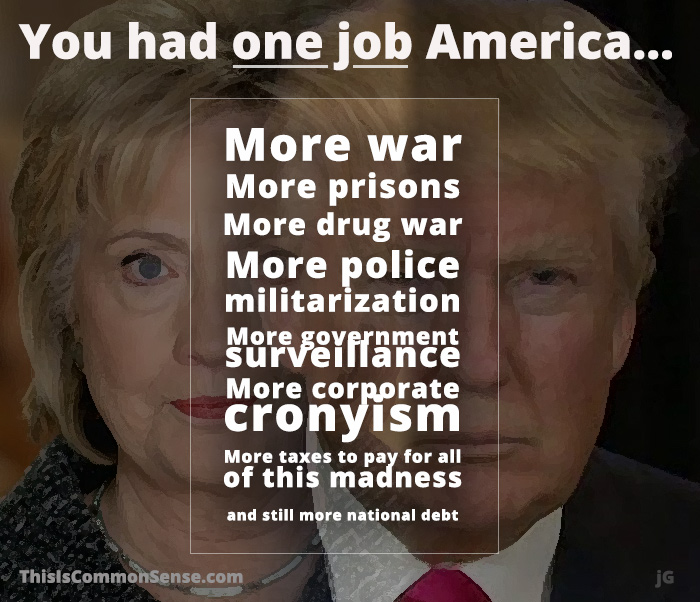

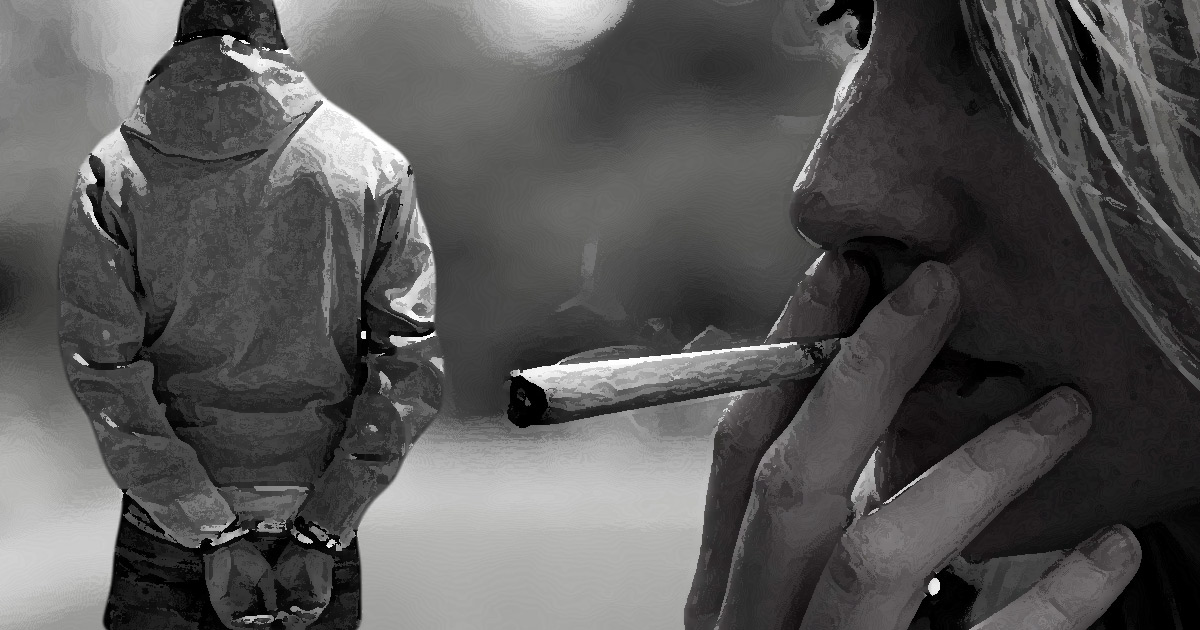
“Marijuana is only legal for white people, in California,” explains Lynne Lyman of the Drug Policy Alliance. Talking with Zach Weissmueller, on reason.tv, she clarifies the situation regarding California’s currently legal medical marijuana, and why Prop. 64, a ballot measure sponsored by Californians for Responsible Marijuana Reform, is so necessary.
Marijuana prohibition — which has been severely curtailed in the states of Alaska, Colorado, Oregon and Washington, all of which allow not only doctor-prescribed “medical marijuana,” but also recreational use — is still in play in California, despite legal medicinal use.
But the weight of the state’s heavy hand falls mainly upon the poor, especially on racial minorities. “If you are white and over 21 in California,” Ms. Lyman insists, “you can pretty much use marijuana without any sort of criminal justice involvement.”
So here is where the old canard that pushing for legalization and the right to self-medicate is “just about you smoking dope,” which is what I often hear. Californians’ best reason to vote for Prop. 64 is that it establishes something very much like a right to self-medicate, and — get this! — it altruistically applies to more than the white population.
The truth is, drug prohibition in America has been, mostly, racist.
Sure, alcohol prohibition transcended racial bias and bigotry. But the earliest federal laws against opium, heroin, and cocaine were directed at despised minorities, first the Chinese and even, many years later (after alcohol prohibition failed) when marijuana was made illegal, against blacks, “ne’er-do-well” jazz musicians, and Latinos.
So, one reason for white Californians to vote for legal marijuana is not so they can imbibe, but so that others aren’t unjustly persecuted.
This is Common Sense. I’m Paul Jacob.
Original cc photo by ashton on Flickr
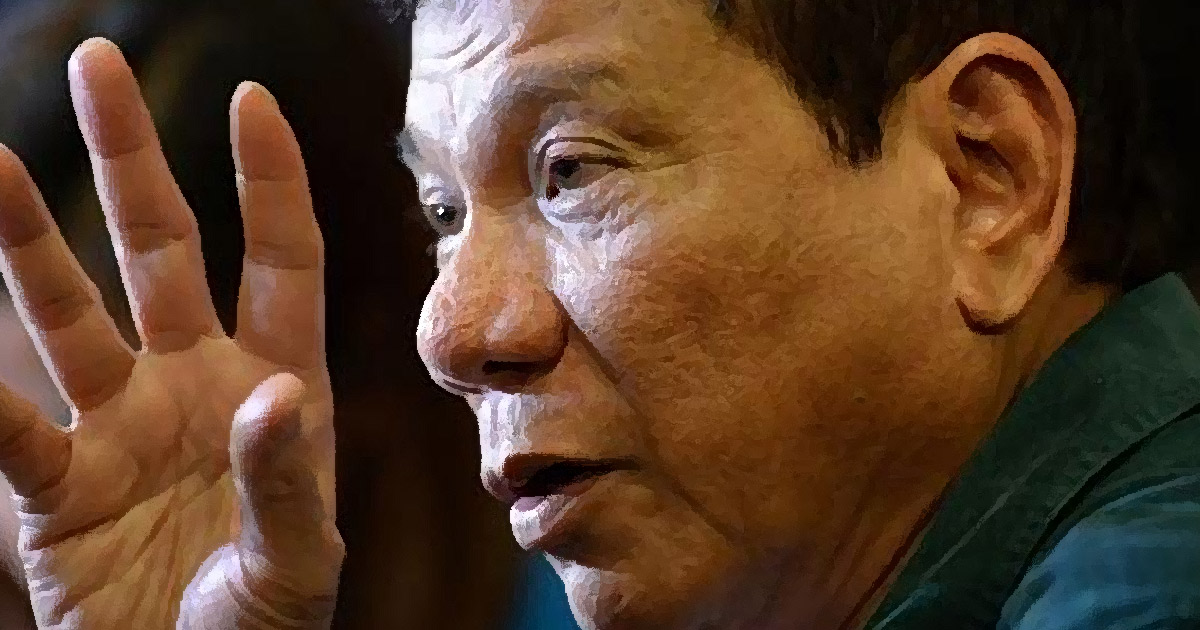
“If I order the killing of someone,” Philippines President Rodrigo Duterte said last Friday, “you cannot arrest me: I have immunity.”
Yikes. Nearly everything negative imputed, perhaps dubiously, to Donald Trump applies double to Duterte, without a hint of dubiety.
Ordering killings with impunity? Only the U.S. president can do that.
The former mayor of Davao City was in the news during his presidential bid, for his ultra-Trumpian outbursts, saying daring, ugly, even wicked things.
Most scandalous was his remark about a young woman who was gang raped in his home town. It was “only a tragedy,” as Breitbart.com phrases it, “because he himself did not get to have sex with her first.”
Vile, yes; downright evil.
And terrifying coming from a politician entrust with protecting his countrywomen’s rights.
But then, Duterte is clear: he doesn’t care about human rights.
In his ruthless war on drugs, he’s instructed drug-warrior police to shoot first, ask questions later. The nation’s “narco-mayors” (politicians who cooperate with drug dealers) are begging for protection, leniency, anything. If those mayors have armed defenders, Duterte threatens to have the Air Force bomb them.
The American ambassador to the Philippines has publicly censured Duterte, but not (that I’m aware of, anyway) for humans rights violations, but for Candidate Duterte’s earlier rape comment. Duterte struck back calling the ambassador names and claiming his public condemnation was out of line, undiplomatic.
True enough.
I guess that’s why Secretary of State John Kerry just “inked a deal,” says Breitbart, sending $32 million to support Duterte’s war on drugs.
Duterte’s response? “[L]et’s insult them again so these fools try to make amends again.”
Fools, indeed.
This is Common Sense. I’m Paul Jacob.
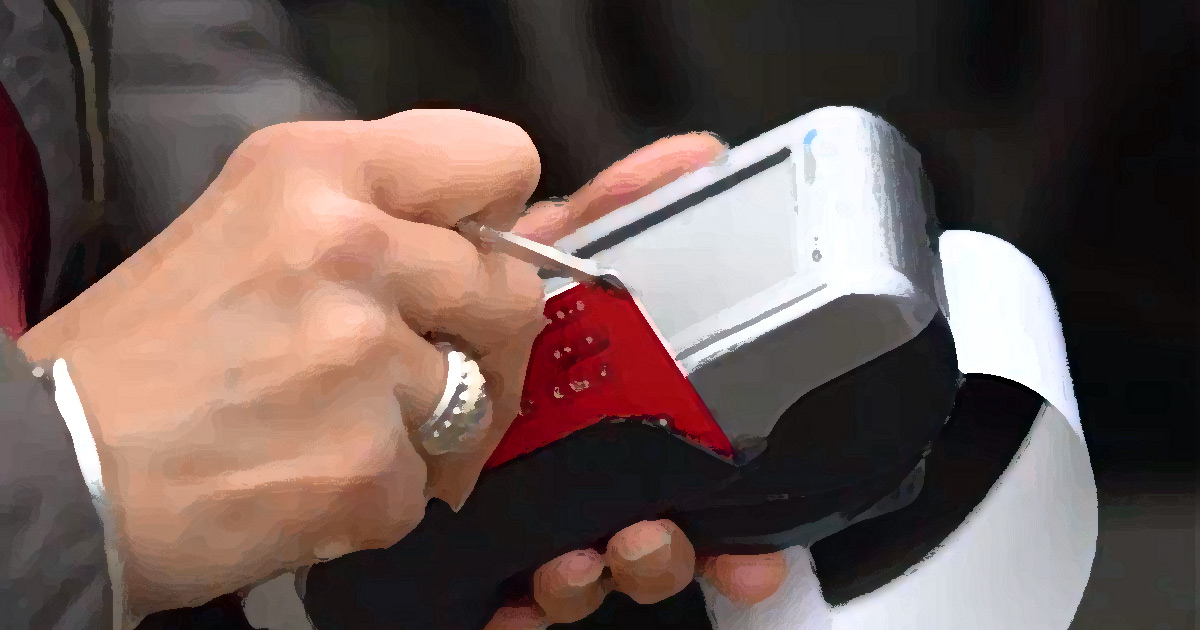
The fight against government theft of private property, through “civil forfeiture,” just got a little harder.
There’s a new technology available: ERAD card scanners.
And the Oklahoma City Police Department’s joint interdiction team has them, and can use the scanners to take money from you without your consent.
What money, in particular? The money you have stored in pre-paid debit cards.
ERAD stands for Electronic Recovery and Access to Data, and the ERAD Group, Inc., stands to make a lot of cash from the technology. Police around the country want to be able to take the funds secured in debit cards. It’s the latest thing in the war against the war against the War on Drugs.
Drug traffickers, we’re told, hide dozens of such cards in vehicles transporting drugs.
It’s not enough that police can, in the course of investigating a crime — without conviction, mind you; indeed, without charges being filed — confiscate the cards themselves.
The police also want to be able to siphon the money out of those cards.
Which leads to corruption. Which is already rife in civil forfeiture usage, as a recent Oklahoma state audit found — missing money, misused funds, that sort of thing.
The cavalier way in which government officials defend expropriation by ERAD scanners is chilling. In an Oklahoma Watch article, reporter Clifford Adcock relates the official explanation: “These cards are cash, not bank accounts. . . . Individuals do not have privacy rights with magnetic stripe cards.” Why not? Because the information on the strip “literally has no purpose other than to be provided to others to read.”
That’s so open to logical criticism you could drive a confiscated truck fleet through it.
This is Common Sense. I’m Paul Jacob.

Has the War on Drugs actually, finally, made some progress?
Well, yes . . . but, really, no.
“Legal marijuana may be doing at least one thing that a decades-long drug war couldn’t,” explains Christopher Ingraham in The Washington Post’s Wonkblog, “taking a bite out of Mexican drug cartels’ profits.”
Certainly “legal marijuana” is not the drug war. It’s that war’s antithesis.
Let’s recall, too, that legalization didn’t come about after five decades of drug war failure because politicians came to their senses, admitted their mistakes and advocated a different approach.
Instead, frustrated citizen leaders teamed up with successful entrepreneurs to launch ballot initiatives, allowing voters to directly decide the issue.
Domestic production isn’t driven merely by Colorado, Oregon, Washington State and the other Washington, the nation’s capital, where voters fully legalized possession. Marijuana for medical use is legal in 23 states, including California, where most domestic marijuana is grown. In these states, pot is widely prescribed.
Thus, a quasi-legal domestic marijuana industry was created. Lo and behold, now pot produced in the good old USA is outperforming pot grown south of the border.
The Drug Enforcement Agency (DEA) acknowledges that U.S. marijuana is being illegally smuggled into Mexico. (Maybe the smugglers will pay for the wall.)
On the other hand, what does it matter that the Mexican drug cartels are losing market share to non-violent American businesses?
Well, those cartels have waged a war with the Mexican government killing more than 164,000 citizens between 2007 and 2014. Less profit to fuel the Mexican drug lords in that bloody war is more for our peace and security.
This is Common Sense. I’m Paul Jacob.
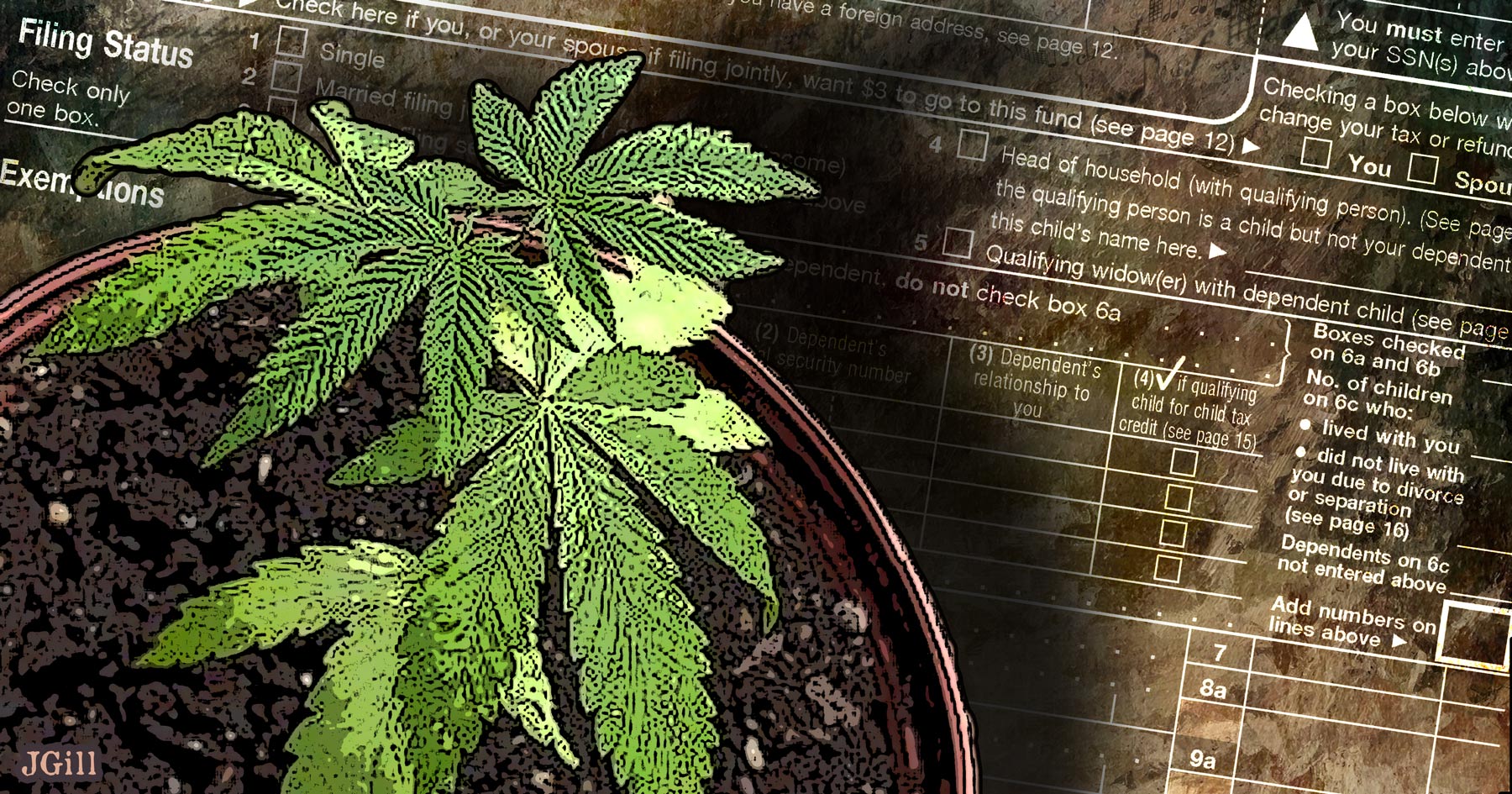
Last week, I warned of marijuana legalization.
Not that I’m against it. But how much will actual freedom be increased?
Note: I’m not bemoaning, as one activist friend argued, that “if you can’t toke up and celebrate in public when it passes, it’s not legalization.”
One cannot now legally smoke tobacco in most public buildings (meaning those open for business as well as government-owned structures) or drink a beer in most public parks or while navigating sidewalks. But you can smoke and drink at home or on certain types of private property.
Ending the drug war and treating newly legalized marijuana pretty much as we treat alcohol and tobacco seems like a long overdo common sense approach.
There’s also the freedom of home cultivation. I have friends who make wine at home, for private consumption. It’s legal; it’s proper. It should also be legal to grow cannabis at home. Yet, many a politician thinks otherwise.
And they are inspired, in a sense, by the popular legalization mantra, “legalize, tax and regulate.” That sends an ominous signal: in order to maximize revenues, politicians see the revenue advantage in forbidding hard-to-tax home cultivation — cultivation that is, let’s face it, a traditional freedom, a right “retained by the people.”
The excuse for this continued prohibition could be “think of the children.” But it’s probably just greed for revenue . . . and the even more hidden enticements of “crony capitalism,” which plagues almost all industry.
You should be able to grow a plant. And self-medicate. These are basic human rights, and the state should work around those.
This is Common Sense. I’m Paul Jacob.